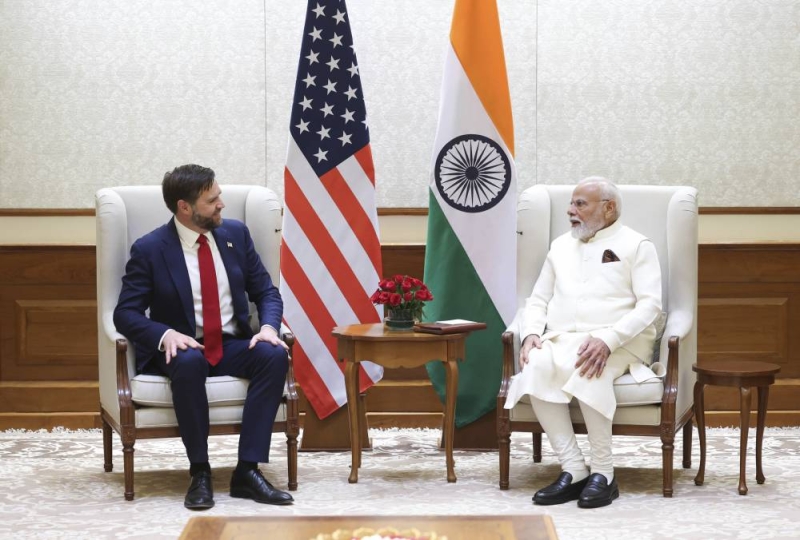EDITORIAL: Futile exercise
EDITORIAL: Futile exercise
Published: 05:10 am Apr 13, 2017
There is no doubt that parliament can amend the constitution at any time, but that must have adequate justification and based on need Months of political dialogues and consultations that the ruling coalition has held with the Madhesi Morcha and the main opposition, the CPN-UML, seems to have been a futile exercise as the constitutional amendment bill that the government has registered in parliament secretariat by taking back its earlier amendment bill has satisfied neither the Morcha nor the UML. The Morcha has decided to boycott the elections despite the revised amendment bill, whether the bill is passed or not, and the UML leaders have made it clear that the party will vote against the bill if it is put to a vote. Prime Minister Pushpa Kamal Dahal had, before leaving for his China visit, said that he would find a compromise formula acceptable to the Morcha, and also to the UML, whose support would make it easy to pass a constitutional amendment. The contents of the bill, in essence, are not much different from the bill the government has withdrawn except in the matter of redrawing the boundaries of the Pradeshes, which, it has been said, will be referred to a powerful boundary commission. Indeed, withdrawing its original amendment bill is a kind of setback for the ruling coalition. However, just in order to bring the Morcha on board the election wagon, the ruling parties have taken this risk. Then the question arises, what is the justification for a revised amendment bill which fails to achieve its sole objective. To recall, within months of promulgating the Constitution, the first amendment bill had been passed saying that it would appease the Morcha, and some Congress leaders had even said that they would take “responsibility” for bringing the Morcha on board. But that did not happen. And this type of hollow promises on behalf of others has also been made in recent days as well, but that is not worth taking seriously. It is now clear that the new amendment bill has been introduced without winning the confidence of either the Morcha or the UML. Therefore, the parties of the coalition owe an answer to the people for this immature and irresponsible gamble. There is no doubt that parliament can amend the constitution at any time, but that must have adequate justification and based on need. The new amendment bill seeks to remove chiefs and deputy chiefs of municipalities and rural municipalities as electoral college members electing the 56-member National Assembly, the upper house of the federal parliament. This step would be even more regressive than the 1990 constitution under which the local bodies had a small role in composing the then Upper House. Seeking to remove Article 274 of the Constitution would similarly give more powers to the federal parliament, reducing the powers of the Pradeshes in making changes to Pradesh boundaries. These and other provisions incorporated into the Constitution after long deliberations and endorsed by 90 percent of the Constituent Assembly should not be abruptly sought to be altered without much wider consultation, including the public and experts, and their possible short-term and long-term repercussions. The net result of all the exercise in persuading the Morcha is this: the politics of the country in this respect is back to square one. Also learning from the experience of the first amendment, the ruling coalition should seriously rethink moving ahead with the revised bill for now. Climate change The climate change taking place is proving to be a great threat calling for timely measures to mitigate its effects. Scientists warn that in the Hindu-Kush Himalayas millions could die from its aftereffects. This region includes countries like Nepal, Afghanistan, Pakistan, India, Bhutan, China, Bangladesh and Myanmar. Experts says that the global warming has to be brought down to below 2 degree Celsius per year to avert this potential disaster. Global warming has already had an impact with the rapidly melting of ice in the Himalayan region. The people in this region are highly dependent on water from the melting snow in the Himalayas feeding the rivers. It is believed that climate change is threatening the lives of about 1.2 billion people residing in the Hindu-Kush Himalayan region. This is a matter that should be taken seriously if we are to avoid such a disaster. Thus, interactions should be held with all stakeholders to reduce global warming by every possible means. This is not going to be easy, but we have no other option than to check global warming.





